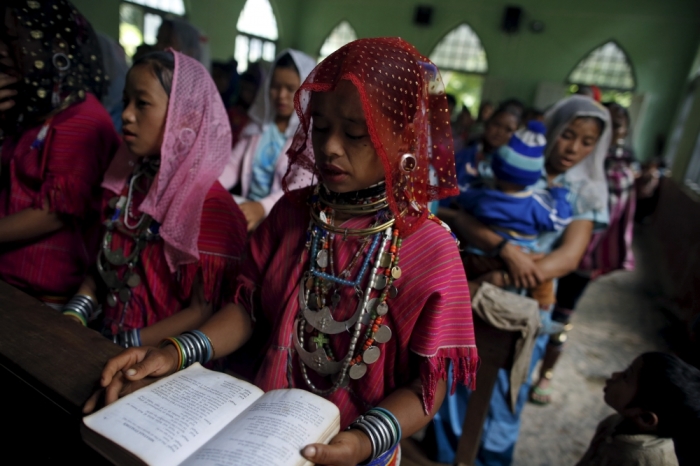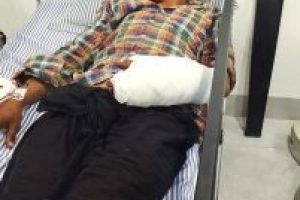Southeast Asian Villagers Read the Bible in Native Tongue for First Time Since Missionaries Shared Gospel in 1834

Bible-translation organization Wycliffe Associates has announced that it has helped a group of people living in Southeast Asia read the Bible in their native tongue for the first time ever, having waited for 182 years to do so.
"They've endured persecution. They've struggled to teach the Scriptures to their young people in other languages. They've been told for generations they have to keep waiting until Westerners can translate the Bible for them," said Bruce Smith, president and CEO of Wycliffe Associates, in a statement on the website.
Smith did not reveal which Southeast Asian group in particular the Bible translators managed to help, but noted that the first missionaries to the region shared the Gospel with them in 1834.
The translators used the Mobilized Assistance Supporting Translation program to translate the New Testament for the language group, explaining that it allows for significant portions of the Bible to be translated in months, rather than years, as it previously took.
For close to 182 years, the Southeast Asian group had to read the Bible in other languages, but Wycliffe Associates says that the MAST strategy allowed local believers to translate 18 books of the New Testament in just two weeks.
The mother-tongue translators are hoping that they will be able to translate the entire Bible by the end of 2016, using a process where they draft verses in the mornings, and use a five-step process to check the verses in the afternoons and evenings.
"The work produced through MAST methodology is excellent. It compares very favorably with texts produced through other methods," said John Luton, who has helped with the work of 52 translation projects around the world.
Wycliffe Associates says that there are 14 people groups, or close to 17 million people, who are yet to read the Bible in their own language.
"Christian churches, planted by missionaries in the 1800s, have survived — and they will drive the translation of God's Word into their own languages," Smith added. "There is no denying God has wrought the miraculous in Southeast Asia."
Wycliffe Associates suffered a terror attack on one of its offices in the Middle East earlier this year, where four workers were killed. Despite the tragedy, the Bible translation group vowed to continue its work, and said in April that it will be scheduling a training session for translators working in the most dangerous places on the planet.
"There is no place on Earth where God's Word is more urgently needed," Smith said back then.
"This is a place of terror, oppression, violence, death, and heartache. To be a Christian is to be a target. Yet the few Christians living there are pleading for Bibles to share secretly with the many, many people around them who are hungry for the truth."




























